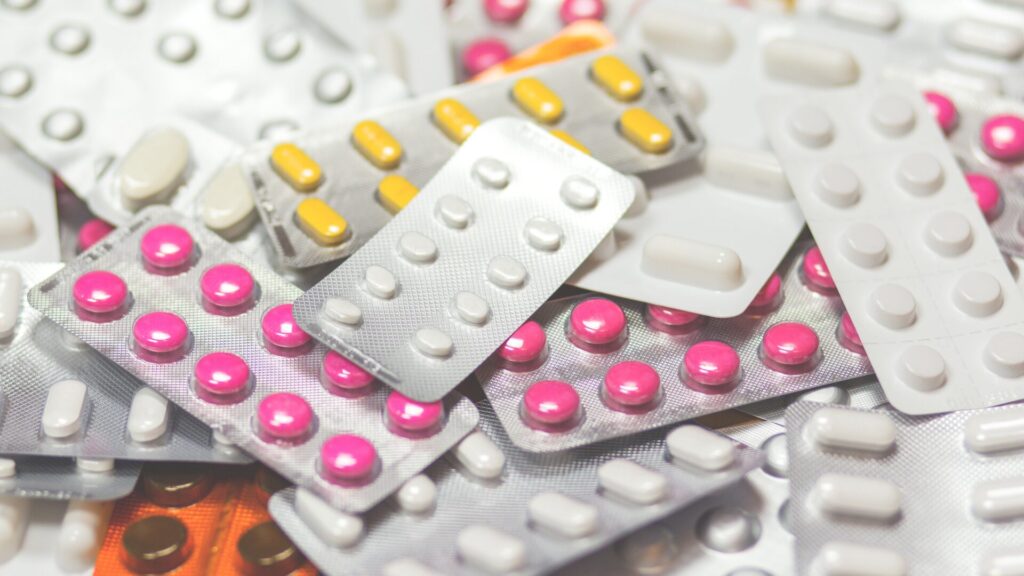
Modern medicine has produced extraordinary breakthroughs. Diseases that were once fatal are now treatable. Conditions that once meant lifelong disability can be managed or even cured.
Yet access to these advances remains deeply uneven.
Across low- and middle-income countries, millions of people still cannot obtain essential medications—not because the science doesn’t exist, but because the systems governing pricing, patents, and incentives limit availability.
Rather than asking whether pharmaceutical companies are “good” or “bad,” a more useful question for communities, employers, and healthcare leaders is this:
How do current pharmaceutical incentives shape who gets access to care—and who doesn’t?
The Pricing Question: Innovation, Incentives, and Tradeoffs
Pharmaceutical companies often argue that high drug prices are necessary to fund research and development. Innovation, they say, requires risk—and risk requires financial return.
There’s truth in this. But the full picture is more complex.
A 2018 Oxfam analysis found that several large pharmaceutical companies—among them Abbott, Johnson & Johnson, Merck, and Pfizer—routinely shift profits to offshore tax havens. For governments in developing countries, this results in an estimated $112 million annually in lost tax revenue—funds that could otherwise support clinics, vaccination programs, and workforce training.
At the same time, many of these companies maintain profit margins exceeding 20%, even as healthcare systems in lower-income regions struggle to remain functional.
Examples illustrate the disconnect:
- In South Africa, Trastuzumab—a critical breast cancer drug—has been priced around $38,000 per year, roughly five times the average household income.
- In the U.S., Gilead’s hepatitis C drug Sofosbuvir entered the market at $84,000 per course, despite production costs estimated in the hundreds of dollars.
These figures highlight a core tension: pricing decisions are driven less by production cost and more by what markets can bear.
Patents as Policy: How Rules Shape Access
Drug pricing doesn’t occur in a vacuum. It is reinforced by global intellectual property frameworks, most notably the TRIPS (Trade-Related Aspects of Intellectual Property Rights) Agreement.
TRIPS grants pharmaceutical companies long-term patent protections, effectively creating monopolies during which competitors cannot produce generic versions of medications. Although the 2001 Doha Declaration affirmed that TRIPS should prioritize public health, meaningful implementation has been limited.
In theory, countries can issue compulsory licenses to produce or import generics during public health emergencies. In practice, bureaucratic hurdles, trade pressure, and geopolitical realities often discourage their use.
The result is predictable: medications exist, but access remains constrained, particularly where purchasing power is lowest.
Why This Matters Beyond Global Statistics
These dynamics don’t only affect distant health systems.
When governments lose tax revenue through profit shifting, they often compensate by increasing consumption taxes—placing greater financial strain on lower-income households. When drug prices consume disproportionate healthcare budgets, fewer resources remain for prevention, workforce development, or infrastructure.
Globally, healthcare costs push an estimated 100 million people into extreme poverty each year.
Women are disproportionately affected. As healthcare systems strain, unpaid caregiving responsibilities increase—work that overwhelmingly falls to women and girls. Meanwhile, clinical research continues to focus primarily on populations in wealthier countries, with far less attention paid to social determinants of health such as housing, education, and nutrition.
A 2025 scoping review found that most research examining pharmaceutical practices and equity originates in North America and Europe, leaving significant gaps in understanding how these systems impact vulnerable populations elsewhere.
A Different Way to Think About Incentives
Some researchers and policymakers have proposed alternative models that shift incentives away from sales volume and toward outcomes.
One example is the Health Impact Fund (HIF), proposed by philosopher Thomas Pogge and economist Aidan Hollis. Under this model, pharmaceutical companies would be rewarded based on the measurable health impact of their drugs—particularly among underserved populations—rather than on monopoly pricing.
Medications would be sold at near-production cost, while companies would receive compensation tied to independently evaluated health outcomes.
Whether or not such models are widely adopted, they raise an important point: the structure of incentives determines who benefits from innovation.
What This Means for Decision-Makers
For employers, clinicians, and community leaders—even at a local level—these global dynamics offer useful lessons:
- Incentives matter more than intentions.
- Pricing reflects systems, not just science.
- Access is shaped upstream, long before care reaches patients.
When evaluating healthcare plans, benefit designs, or policy proposals, it’s worth asking not only what is being offered, but how the underlying incentives influence access, affordability, and long-term outcomes.
Moving Forward With Clarity
The current pharmaceutical system has delivered remarkable innovation—and significant inequity. Both can be true at the same time.
Progress doesn’t begin with outrage. It begins with understanding how pricing, patents, taxation, and research priorities interact—and how alternative frameworks might better align innovation with public health.
Healthcare decisions, whether global or local, improve when we examine structure as carefully as outcomes.
And clarity—more than slogans—is what allows communities to make better choices.
This article is part of The Reimagine Healthcare Brief, where we examine healthcare systems, incentives, and decision frameworks relevant to Southern Oregon and beyond.
